Market Trends
Key Emerging Trends in the US Carbon Black Market
The US Carbon Black Market is currently undergoing significant trends that underscore its vital role in various industries, particularly in the rubber and tire manufacturing sector. One prominent trend is the increasing demand for specialty carbon blacks with enhanced properties, such as high reinforcing capabilities and improved conductivity. This trend aligns with the evolving requirements of end-users, particularly in the automotive industry, where the demand for high-performance tires, with superior traction and durability, continues to rise. As vehicle manufacturers seek innovative solutions to meet stringent performance standards, the adoption of specialty carbon blacks is becoming a key driver in the US market.
Moreover, sustainability considerations are shaping market trends in the US Carbon Black Market. Manufacturers are focusing on sustainable and environmentally friendly production processes, seeking alternatives to traditional carbon black production methods that involve the incomplete combustion of hydrocarbons. The adoption of cleaner technologies and the exploration of sustainable feedstocks are becoming prevalent, reflecting the industry's commitment to reducing its carbon footprint and environmental impact. As sustainability becomes a key differentiator in the market, companies are investing in eco-friendly practices to meet the growing demand for greener solutions.
The tire industry's influence on the carbon black market is significant, with the demand for green tires, or eco-friendly tires, gaining momentum. Green tires are characterized by reduced rolling resistance, improved fuel efficiency, and lower carbon emissions. Carbon black, as a key component in tire formulations, plays a crucial role in achieving these green tire characteristics. This trend aligns with the automotive industry's broader focus on sustainability and environmental responsibility, creating a ripple effect in the carbon black market as tire manufacturers seek eco-friendly alternatives.
Technological advancements in carbon black production methods are shaping market dynamics. Innovations such as furnace black and gas black production processes are gaining prominence for their efficiency, quality control, and reduced environmental impact. The development of cleaner and more sustainable production methods is crucial for meeting regulatory standards and addressing environmental concerns associated with traditional carbon black manufacturing. This trend underscores the industry's commitment to advancing technologies that enhance both performance and environmental responsibility.
The plastics and coatings industries are contributing to the demand for carbon black in the US. Carbon black serves as a key pigment in black and colored plastics, providing UV protection and enhancing durability. In the coatings sector, carbon black is used for its color properties and as a functional additive to improve weather resistance. As these industries continue to grow and diversify, the demand for carbon black in various applications beyond tires is expected to increase, influencing market trends in the US.
E-commerce is playing a role in reshaping the distribution channels of carbon black products in the US. The convenience of online platforms for product discovery, comparison, and purchase is influencing buyer behavior, including in the carbon black sector. Manufacturers and distributors are adapting to this trend by enhancing their online presence, providing detailed product information, and offering efficient delivery services. The accessibility of carbon black products through e-commerce platforms contributes to increased market awareness and ease of procurement.
Regulatory considerations and adherence to safety standards are pivotal factors shaping market dynamics in the US Carbon Black Market. As the industry faces increased scrutiny related to environmental and occupational safety, companies are investing in compliance measures and sustainable practices. Regulatory compliance is particularly critical in sectors where carbon black is used in consumer products, such as plastics and coatings, requiring adherence to stringent safety and quality standards.
Strategic collaborations and partnerships are emerging as trends in the US Carbon Black Market. Companies are exploring synergies through joint ventures, alliances, and collaborations to enhance research, development, and commercialization efforts. The collaborative approach allows for the exchange of expertise, resources, and market insights, fostering innovation and ensuring the continuous growth of the carbon black industry.


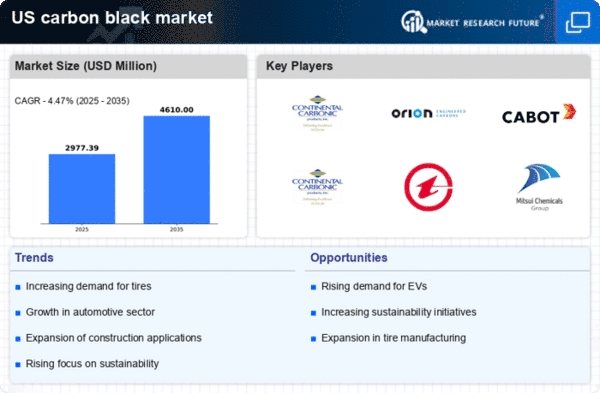
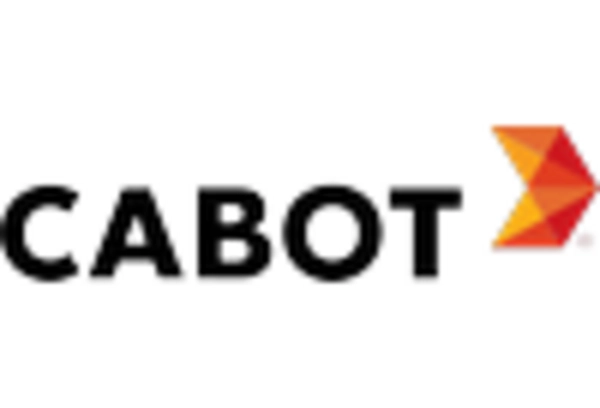
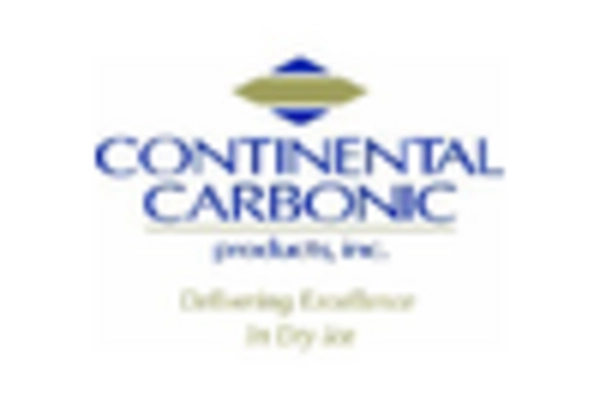
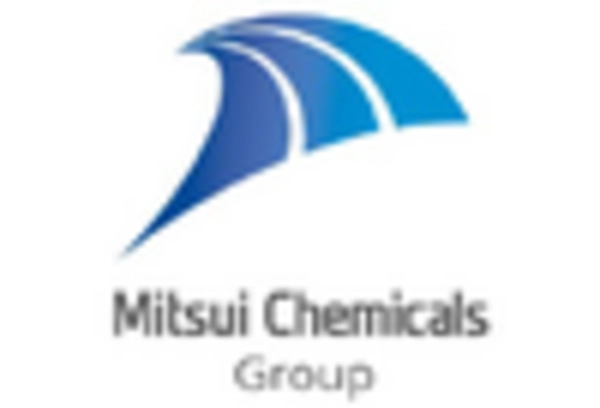
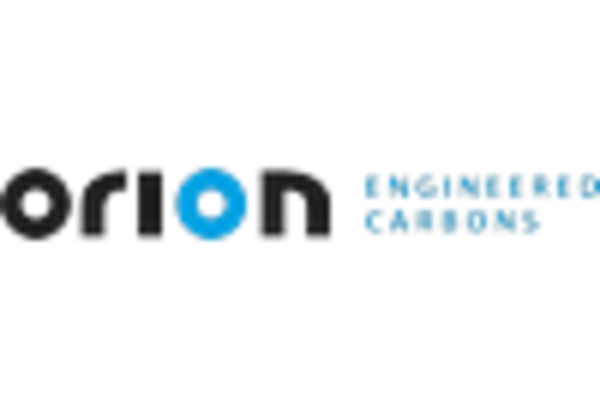
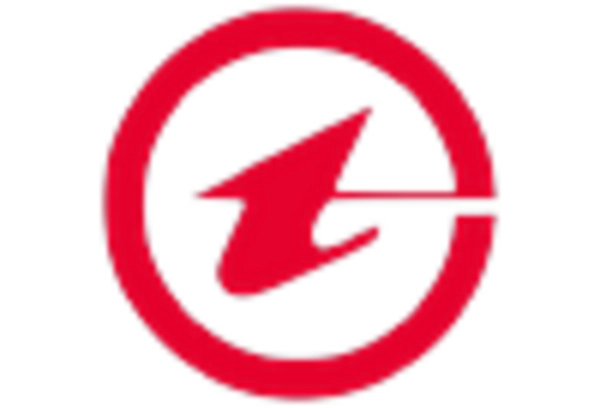









Leave a Comment